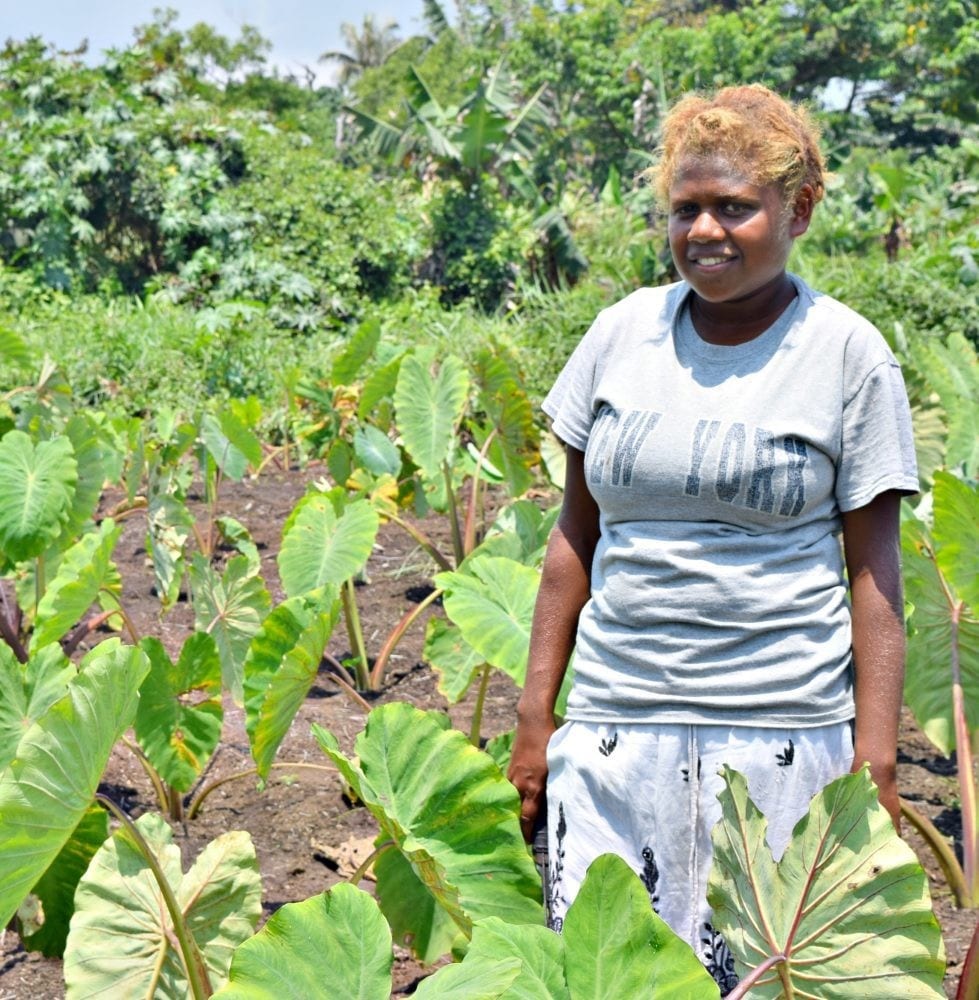In response to UNHCR’s new report that the number of people forced from their homes has increased by about 300,000 to 65.6 million, Sarnata Reynolds, Oxfam’s Policy Advisor for Global Displacement & Migration, said: “The sheer scale of the global refugee crisis is shocking. These new figures prove that more people need support than ever before. While the pace of displacement has slowed in the last year, suggesting that countries are tightening the screws which may be making it more difficult for people to flee across borders and seek refuge, there certainly hasn’t been notable improvement in those countries that are suffering from conflict and deprivation. The war in Syria continues into its 7th year, tens of millions are caught in an unprecedented human-made hunger crisis, and other deadly violence and natural disasters continue to force innocent people from their homes around the globe.
“This massive number of displaced people – the worst since the UN started keeping its numbers – is made up of individual people who are caught in unthinkable circumstances and who have been forced to make the impossible decision to leave their homes behind to seek safety for themselves and their loved ones.
“These new numbers underscore that the global community must immediately offer stronger lifelines to these vulnerable people as they flee for their lives, and also work together to tackle the root causes of the problem.
“While the number of refugees who desperately need our help remains unacceptably high, the international community’s ability and will to support them is just as poor, if not worse, than ever. There is a lot to learn from the communities in crisis themselves, who open their doors and share what little they have with others, and from countries like Uganda which has welcomed hundreds of thousands of refugees.
“Oxfam has worked to help more than 6.7 million people in conflict affected countries in the past year. In our work with refugees and migrants, we have seen families torn apart and vulnerable men, women and children subjected to cynical politics designed to deny them their right to refuge. Over the next year the world will negotiate a new UN deal on refugees and migrants and to succeed, it must commit nations to share equal responsibility for the protection of all those forced from home.”






